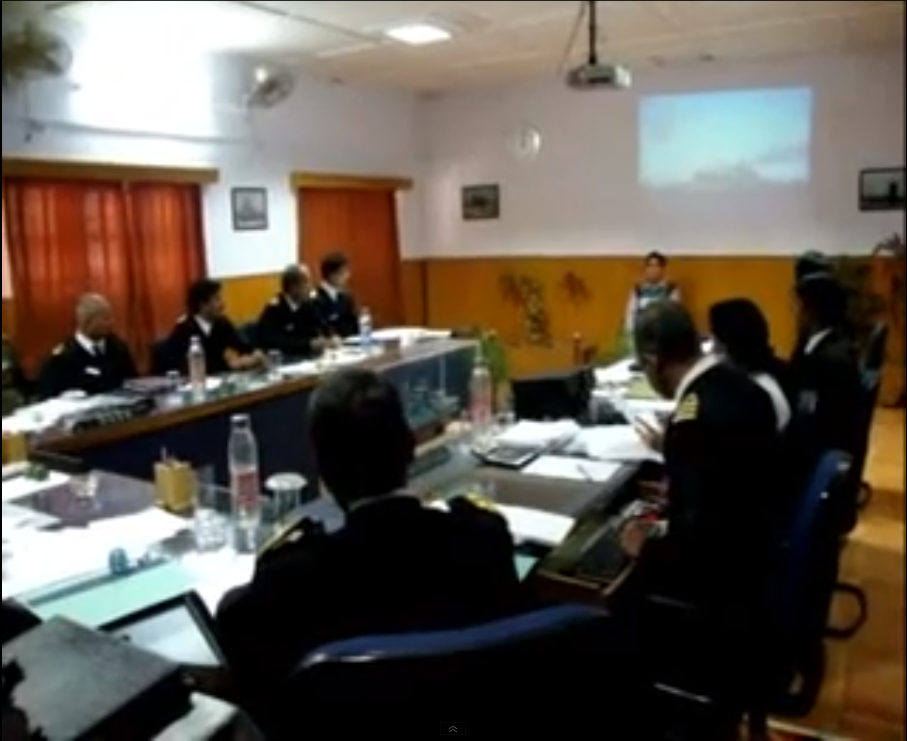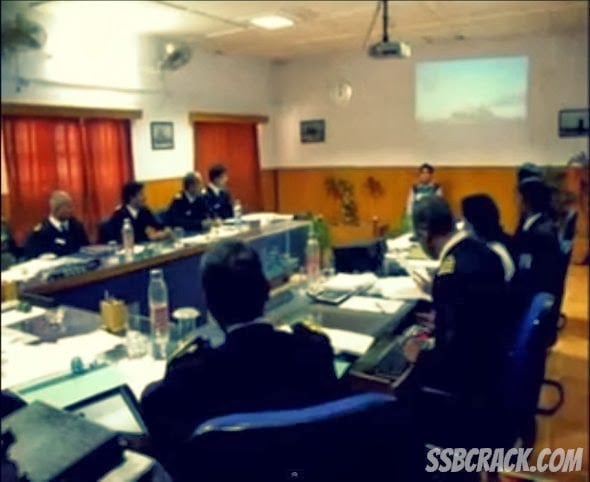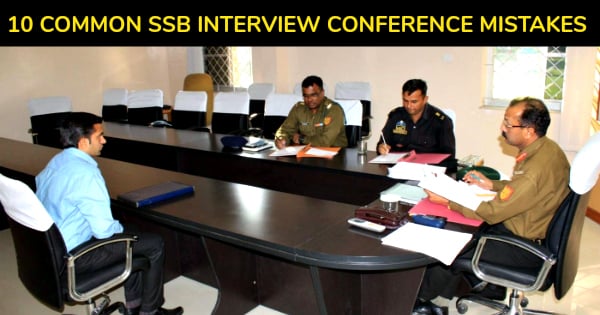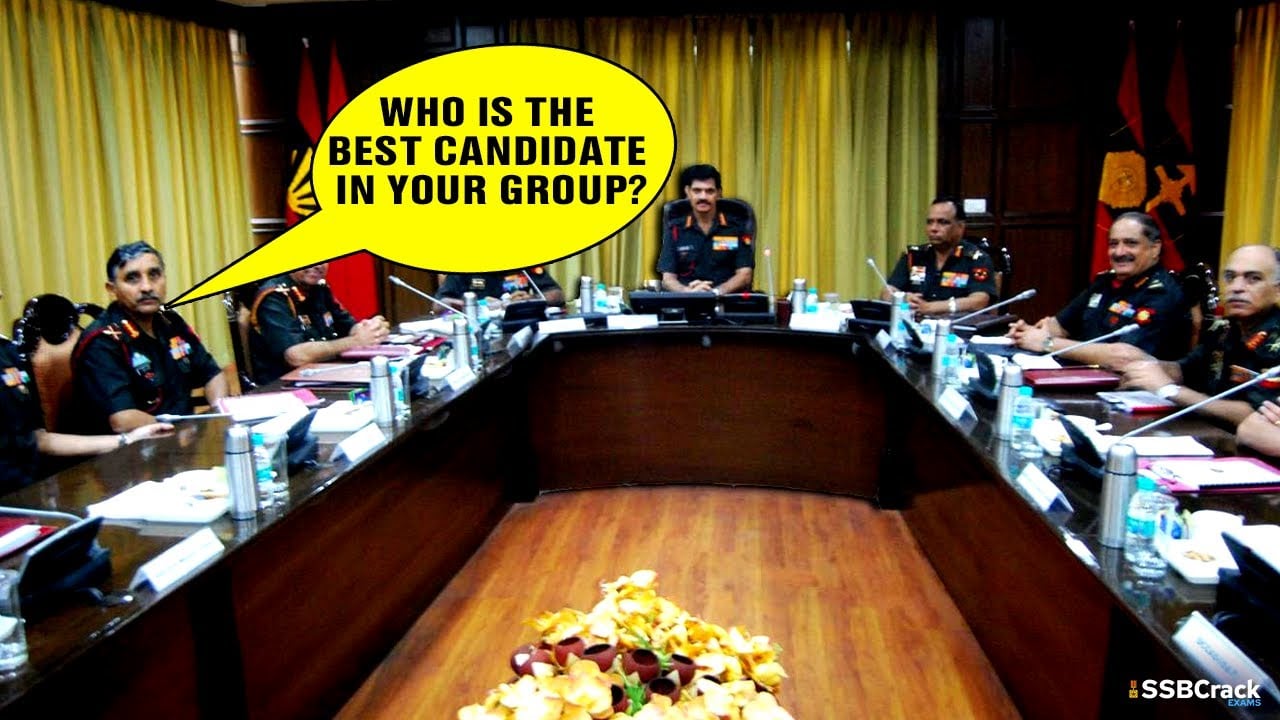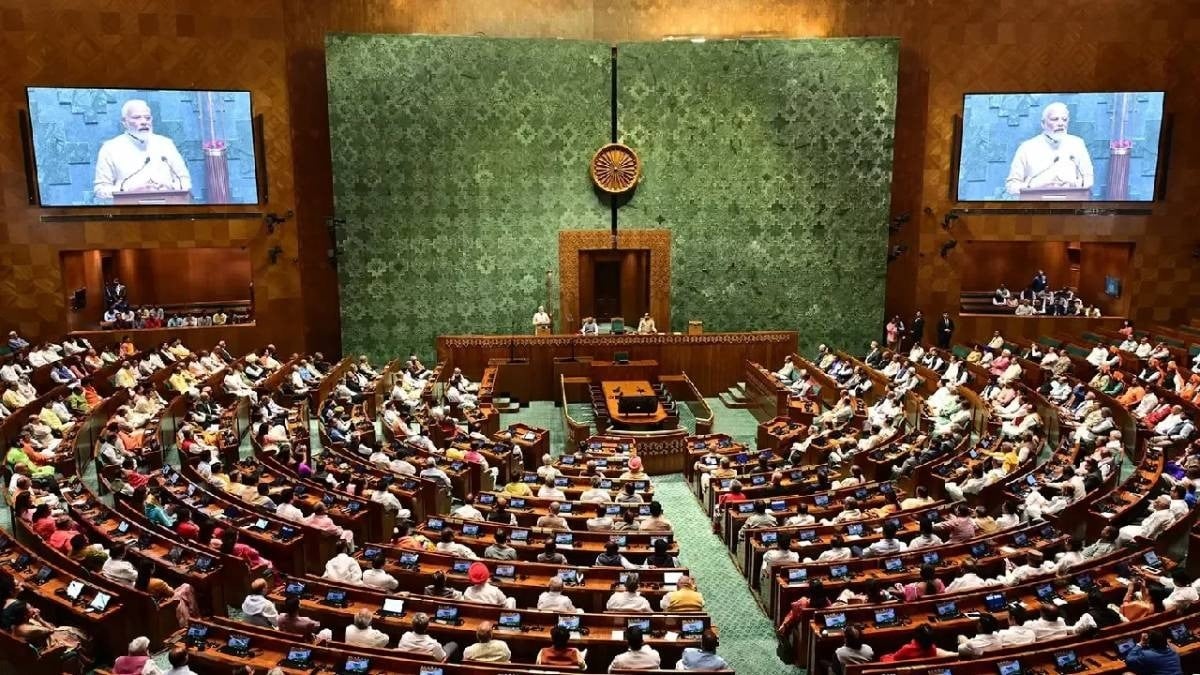The Selection Board for Services (SSB) interview process is a critical step for many aspirants aiming to join the armed forces. While it is an exhilarating opportunity, it is not uncommon for candidates to face rejection during the conference round. Understanding the reasons behind such rejections can be pivotal in ensuring future success.
In the pursuit of clearing the SSB, aspirants often encounter numerous myths and misconceptions. It is essential to filter out these myths, as they typically stem from the experiences or opinions of those who may not have a comprehensive understanding of the process. Instead of relying on hearsay, aspirants are encouraged to consult reliable resources to prepare effectively.
Self-introspection is a crucial tool for any candidate preparing for the SSB. Reflecting on one’s character, strengths, and areas needing improvement can significantly enhance the chances of success. Here are some detailed steps candidates can take to ensure better outcomes in future attempts:
-
Post-Assessment Reflection: Upon returning from the SSB, it is vital to take time to reflect on the experience. Instead of focusing on what went wrong externally—such as facilities or assessors—candidates should concentrate on identifying their personal mistakes. This reflective process can provide valuable insights that would guide future preparations. Working with a mentor can be particularly beneficial, as experienced individuals can analyze performance and highlight areas that require attention.
-
Learning from Mistakes: Mistakes should be viewed as learning opportunities rather than failures. The saying, “Mistakes are proof that you are trying,” encapsulates the spirit of growth through experience. However, repeating the same mistakes without learning from them can lead to a cycle of rejection. Recognizing patterns in one’s performance and addressing these gaps is vital for improvement.
-
Deep Self-Introspection: This step involves a thorough analysis of one’s personality, especially in relation to the Officer Like Qualities (OLQs) expected by the SSB. By examining past life events and correlating them with OLQs, candidates can pinpoint their weaknesses. This reflective exercise is essential for personal development and effectively bridging gaps in one’s profile.
-
Timely Preparation: An effective preparation strategy should never be rushed. Candidates are often advised to start preparing well in advance rather than cramming at the last moment. Many trainers may claim to offer quick fixes, but genuine improvement in character and performance requires time and sustained effort.
-
Utilizing Assessment Tools: For self-introspection, various standardized tests can be invaluable. These assessments can help create a systematic profile that delineates personal strengths and weaknesses. Understanding this profile is critical for focusing preparation efforts effectively.
- Structured Practice: Candidates frequently overlook the importance of self-awareness before diving into practice. It is crucial to spend enough time understanding one’s own thought processes and behaviors instead of solely practicing various rounds of the SSB. This foundational knowledge ultimately makes subsequent practice more effective.
Aspirants can feel reassured that rejection is a common experience, and those who persistently strive for improvement are more likely to achieve their goals. If there are still questions about the preparation process or if candidates wish to undergo an individual assessment to gauge their OLQs, they can seek guidance through professional mentorship programs.
Finally, maintaining a positive mindset and a focus on long-term goals is essential. The journey may be challenging, but the rewards of serving one’s country and realizing one’s dreams can make the effort worthwhile. With dedication and the right support, success is within reach.
